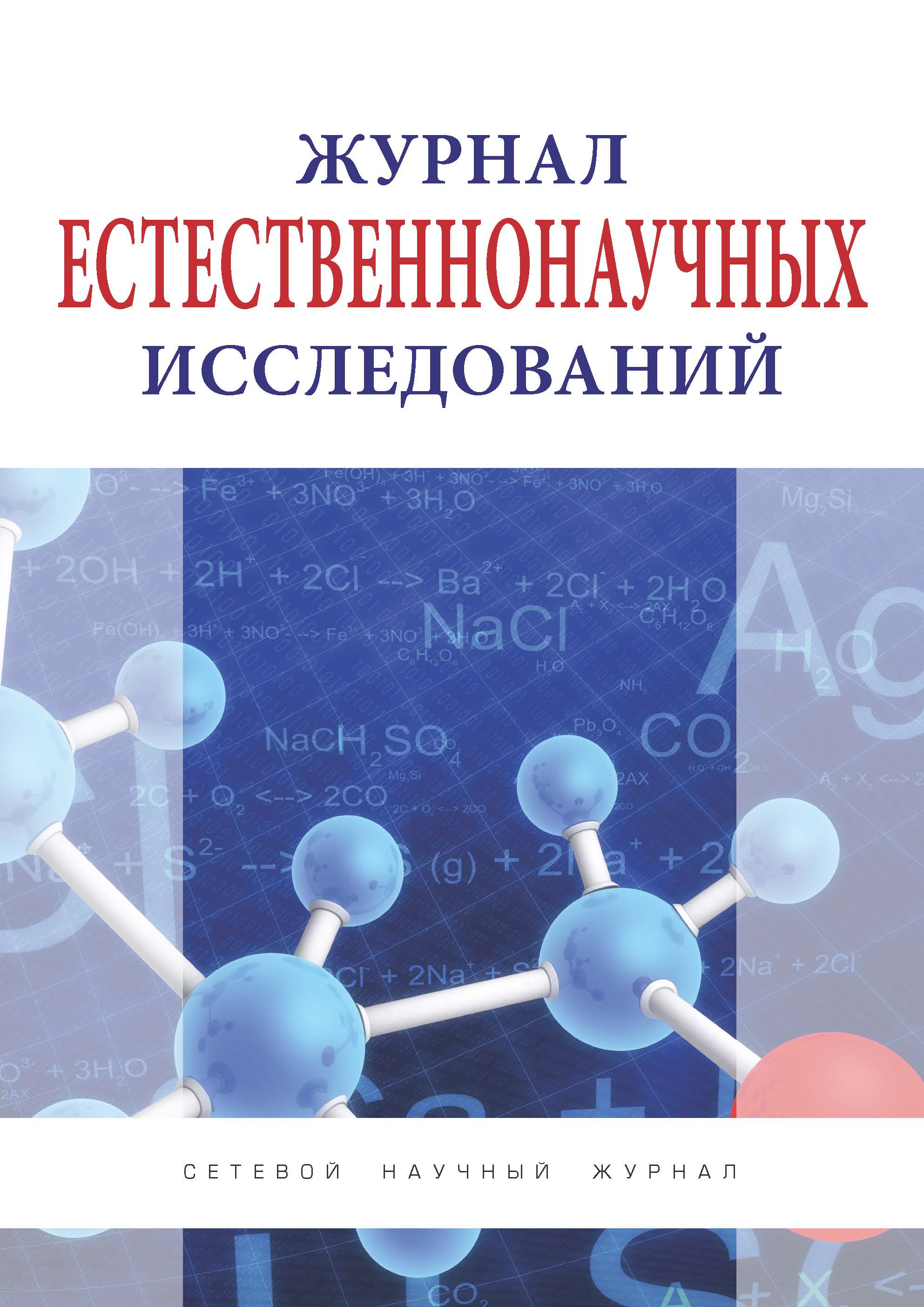Russian Federation
Russian Federation
Russian Federation
from 01.01.2019 until now
Russian Federation
UDC 50
CSCSTI 76.29
Polycystic ovary syndrome is a widespread, genetically determined, polyetiological disease that significantly worsens the quality of patients life. The prevalence of depressive and anxiety disorders in patients with polycystic ovary syndrome significantly exceeds those in the population. Pathogenetic mechanisms leading to psychopathological disorders have not been sufficiently studied. Special interest is the change in the psychoemotional status of patients during pregnancy, and the assessment of the impact of pregravidar treatment. According to our results, the prevalence of psychopathological disorders in patients with polycystic ovary syndrome who did not receive pregravidar treatment in the first trimester of pregnancy is comparable to that outside of pregnancy. Comprehensive treatment of women with polycystic ovary syndrome conducted before pregnancy and competent nutritional support during gestation significantly improves the psychoemotional state of patients. In our work, we also found a positive direct link between neuroticism and anxiety with BMI and metabolic disorders, but due to a small sample and conflicting literature data, we consider it is necessary to continue the study.
polycystic ovary syndrome, depressive disorders, neuroticism, anxiety
1. The prevalence and phenotypic features of polycystic ovary syndrome: a systematic review and meta-analysis / Bozdag G., Mumusoglu S., Zengin D., Karabulut E., Yildiz B.O.// Human Reproduction. - 2016. - № 31. - P. 2841 - 2855.
2. Klinicheskiy protokol ot 2016 «Sindrom polikistoza yaichnikov».
3. Sindrom polikistoznyh yaichnikov, sovremennyy vzglyad na problemu / En'kova V. V., En'kova E. V., Hoperskaya O. V., Kiseleva E. V., Sencova E. Ya. // Zhurnal estestvennonauchnyh issledovaniy. − 2020. − №. 1. − S. 29−35.
4. Associaciya stressa s serdechno-sosudistymi zabolevaniyami i faktorami riska v populyacii / Shapovalova E.B., Maksimov S.A., Indukaeva E.V., Artamonova G.V. // Rossiyskiy kardiologicheskiy zhurnal. - 2019. - №9. - S. 7-13.
5. Aktual'nye voprosy sindroma polikistoznyh yaichnikov u zhenschin reproduktivnogo vozrasta / I. A. Miklyaeva, I. K. Danilova // Molodoy uchenyy. - 2018. - № 24 (210). - S. 285-289.
6. Polycystic ovary syndrome and depression in New Zealand adolescents / Milsom S.R., Nair S.M., Ogilvie C.M. et al. // J. Pediatr. - 2013. - Vol. 26, № 3. - P. 142-147.
7. Anxiety and depression in polycystic ovary syndrome: a systematic review and meta-analysis / Barry J.A., Kuczmierczyk A.R., Hardiman P.J. // Human reproduction. - 2011. - Vol. 26, № 9. - P. 2442-2451.
8. High prevalence of moderate and severe depressive and anxiety symptoms in polycystic ovary syndrome: a systematic review and meta-analysis / Laura G. Cooney, Iris Lee, Mary D. Sammel, Anuja Dokras // Human Reproduction. - 2017. - Vol. 32, № 5. - P. 1075-1091.
9. Psychological Distress Is More Prevalent in Fertile Age and Premenopausal Women With PCOS Symptoms: 15-Year Follow-Up. / Karjula S, Morin-Papunen L, Auvinen J, et al. // The Journal of Clinical Endocrinology and Metabolism. - 2017. - Vol. 102, № 6. - P. 1861-1869.
10. Differences in the psychological and hormonal presentation of lean and obese patients with polycystic ovary syndrome / Komarowska H., Stangierski A., Warmuz-Stangierska I. et al. // Neuroendocrinology. - 2013. - Vol. 34, № 7. - R. 669-674.
11. Biological correlates of major depression and generalized anxiety disorder in women with polycystic ovary syndrome / Annagür B.B., Tazegül A., Uguz F. et al. // Journal of Psychosomatic Research. - 2013. - Vol. 74, № 3. - P. 244-247.
12. Sex steroids, insulin sensitivity and sympathetic nerve activity in relation to affective symptoms in women with polycystic ovary syndrome / Jedel E., Gustafson D., Waern M. et al. // Psychoneuroendocrinology. - 2011. - Vol. 36, № 10. - P. 1470-1479.
13. Potential role of insulin on the pathogenesis of depression / Zou XH, Sun LH, Yang W, Li BJ, Cui RJ // Cell Proliferation. - 2020. - Vol. 53, №5. DOI:https://doi.org/10.1111/cpr.12806
14. Psychological implications of infertility in women with polycystic ovary syndrome / Tan S., Hahn S., Benson S. et al. // Human Reproduction. - 2008. - Vol. 23, № 9. - R. 2064-2071.
15. Metformin Improves the Depression Symptoms of Women with Polycystic Ovary Syndrome in a Lifestyle Modification Program / AlHussain F, AlRuthia Y, Al-Mandeel H, et al. // Patient Prefer Adherence. - 2020. - №14. - P. 737-746.
16. Pioglitazone Metformin Complex Improves Polycystic Ovary Syndrome Comorbid Psychological Distress via Inhibiting NLRP3 Inflammasome Activation: A Prospective Clinical Study / Guo QJ, Shan J, Xu YF, et al. // Mediators of Inflammation. - 2020. DOI:https://doi.org/10.1155/2020/3050487
17. The sex-specific role of plasma folate in mediating the association of dietary quality with depressive symptoms / Beydoun MA, Fanelli Kuczmarski MT, Beydoun HA, et al. // Journal of Nutrition and metabolism. - 2010. - Vol. 140, № 2. - P. 338-347.
18. Cognitive-behavioral therapy improves weight loss and quality of life in women with polycystic ovary syndrome: a pilot randomized clinical trial / Cooney LG, Milman LW, Hantsoo L, et al. // Fertility and Sterility. - 2018. - Vol. 110, № 1. - P. 161-171.






